
The International Consortium of Investigative Journalists (ICIJ) acquired almost 12 million files from over 14 offshore finance service providers and led a team of over 600 journalists from 150 media outlets in 117 countries.
Known as the “Pandora Papers,” the leaked documents exposed the financial secrets and offshore dealings of over 35 world leaders, 330 politicians and public officials, fugitives, and con artists.
The ICIJ was able to identify 956 companies tied to 336 politicians, including country leaders, ambassadors, cabinet officials, etc. More than 635 of those companies set up their offshore accounts in the British Virgin Islands (BVI), an established favorable taxing jurisdiction. Additionally, the Paris-based Organization for Economic Cooperation and Development (OECD) reports that at least $13.3 trillion is held offshore.
It is said that setting up offshore accounts is not illegal since it is used by businessmen operating internationally to conduct financial affairs. It can also ‘layer’ someone’s wealth to avoid attracting ‘too much’ attention.
Nonetheless, it is deemed controversial as it offers a platform for corrupt individuals to keep illicit activities under wraps.
The investigation of the Pandora Papers garnered prominent global attention as the former included lawyers and middlemen, providing twice as much information about the offshore companies from all over the world as the infamous “Panama Papers.”.
One notable leak is of Marwan Kheireddine, Lebanon’s minister of state and the chairman of Al Mawarid Bank.
During an economic crisis in 2019, he called out former parliamentary colleagues for their inaction while half of the population was living in poverty. The Pandora Papers revealed that he is an owner of a $2 million yacht.
Meanwhile, the Philippine Center for Investigative Journalism (PCIJ) and Rappler found over 940 individuals and companies tied and linked to Philippine companies, involving more than 35 Filipino politicians, contractors, bankers, and business professionals.
Their profiles were traced back to five offshore services with Philippine-based clients: Trident Trust, Commence Overseas Limited, Overseas Management Company Trust Limited, Asiaciti Trust, and Alcogal. A big chunk of accounts remains clandestine, while only a small number were found to be tied to big businesses with legitimate sources.
Among the Filipinos on the list are Arthur Tugade, Juan Andres ‘Andy’ Bautista, Dennis Uy, the Aboitiz family, the Gaisano family, the Gatchalian family, and the Sy family.
Arthur Tugade
Arthur P. Tugade was the former president of the Clark Development Corp. under the Aguni administration. Tugade is currently the secretary of the Department of Transportation (DOTr).
Trident Trust records show Tugade and his children are the owners of Solart Holdings Limited, a BVI company, alleged to be operating since 2007. Solart was created for the family’s business under Perry’s Group of Companies.
Assets worth P75 million were mentioned but its transfer to Solart remains unknown.
Juan Andres ‘Andy’ Bautista
Andy Bautista served as the chairman of the Presidential Commission on Good Governance (PCGG), established to track down the Marcoses’ corrupted wealth from 2010 to 2015.
In 2015, he was appointed as the chairman of the Commission on Elections (COMELEC).
Records from Trident Trust report Bautista as an incorporator of the Baumann Enterprises Limited, a company registered in BVI back in 2010 and was reincorporated in 2017.
An impeachment proceeding against Bautista was motioned following his wife’s allegations and claims of ill-gotten wealth worth $1 billion in undeclared domestic and foreign accounts. He resigned from COMELEC in October of that year and escaped to the United States.
Dennis Uy
Dennis Uy is a businessman in various fields, including logistics, gas distribution, telecommunications among others. Uy donated P30 million to Rodrigo Duterte’s presidential campaign in 2016. Consequently, he was appointed presidential advisor for sports.
Commence Overseas Limited records expose Uy as the owner of the China Shipbuilding and Exports Corp. (CSEC), a BVI company registered in 2016. Chelsea Logistics and Holdings Corp. declared that they purchased three tank vessels from CSEC amounting up to $48.3 million, but disclosures of Chelsea did not indicate Uy owning CSEC.
Uy is also a stockholder of Philippine corporation Apex Mining Co., Inc, which holds Monte Oro Mining Co. Ltd., which is another BVI company.
In Overseas Management Company Trust Limited records, he is listed as the director of Pacific Rider Limited, another BVI company registered in 2017. Uy’s Udenna Management and Resources Corp is a principal shareholder of Pacific Rider.
Uy is also one of the owners of DITO Telecommunity. The firm is 40% owned by Beijing-run China Telecom as a consortium composed of Udenna Corporation and Chelsea Logistics.
Last May, Duterte signed into law House Bill (HB) No. 7332 that seeks to renew the DITO’s franchise for another 25 years “to construct, establish, install, maintain and operate wire and/or wireless telecommunication systems in the country.”
Under RA 11537, Mindanao Islamic Telephone Company (Mislatel), now known as DITO Telecommunity, is required to submit an annual report on its compliance with the terms and conditions to the President and Congress of the Philippines on or before April 30 of each year. Failure to comply will result in a penalty of a P1 million fine each day succeeding the 30th.
However, Dito’s agreement to build cell sites in military camps with the Armed Forces of the Philippines (AFP) became a concern for lawmakers as it may compromise the country’s cybersecurity.
In its final reading, Senator Risa Hontiveros raised the concern that “this should not come at the expense of vital national security interests, and against a rival claimant in the West Philippine Sea,” considering that it “seems merely the Filipino mask over China Telecom and the true face of what we call the third Telco.”
Hontiveros also added that DITO interconnecting to our networks and using our radio spectrum while we are around 25 to 30 years lagging in cybersecurity behind other countries is a “risk that we cannot afford to take”.
Last week, two independent media outlets, Bulatlat, AlterMidya, and human rights groups Karapatan were targeted and red-tagged. Swedish IT center Qurium Media Foundation found that they were plagued by distributed denial-of-service (DDOS) attacks, restricting website access.
These digital attacks come from IP addresses linked to the Department of Science and Technology (DOST) and the Philippine Army. The Department of Information and Communications Technology (DICT) confirmed that they were coming from government agency servers.
Rep. Ruffy Biazon names a certain Sergeant Acepcion, the alleged administrator of the army’s ethernet device, as the owner of the IP address, in a hearing held last September 29.
Meanwhile, the Philippines remains the only country with a bank secrecy law, even though the Panama Papers and the Paradise Papers in 2017 prompted legislators and countries to lift the veil on bank secrecy.
Ferdinand Marcos’ scandal of robbing billions from government coffers has encouraged political leaders to ‘eradicate’ tax havens and to discover those who have illicit money; however, with an offshore system, it is an instrument for tax evasion and corruption to thrive.
According to records, less than 30 months into his term, Marcos had already deposited $950,000 to four accounts in Credit Suisse back in 1968 using fake surnames.
Marcos fled to Honolulu, Hawaii following his ouster; his luggage contained jewelry, money, documents, and other properties.” Among them are bank certificates worth billions issued by Sandiganbayan from Traders Royal Bank (TRB), now Royal Traders Holding Co. Inc.
According to Sandiganbayan, the bank has an outstanding balance of P96.03 million and $5.4 million, including a “12% per annum reckoned from February 1993, until all the amounts are fully paid.” Should they refuse to pay, the amount may transcend the estimated P1.65 billion.
Meanwhile, dictator Ferdinand Marcos’ son Bongbong Marcos expressed his intent to run for the presidency in the 2022 elections despite his refusal to apologize for all of his family’s crimes against the Filipino people.
There is still around P125 million worth of the Marcoses’ debt. And, while the current regime’s debt has currently peaked at P11.6 trillion, it is projected to increase to P13.42 trillion.
Critics have long condemned the brazen attempts of both Marcos and Duterte to cling to more power as calls to hold them accountable intensify.
Featured image courtesy of The Nation.

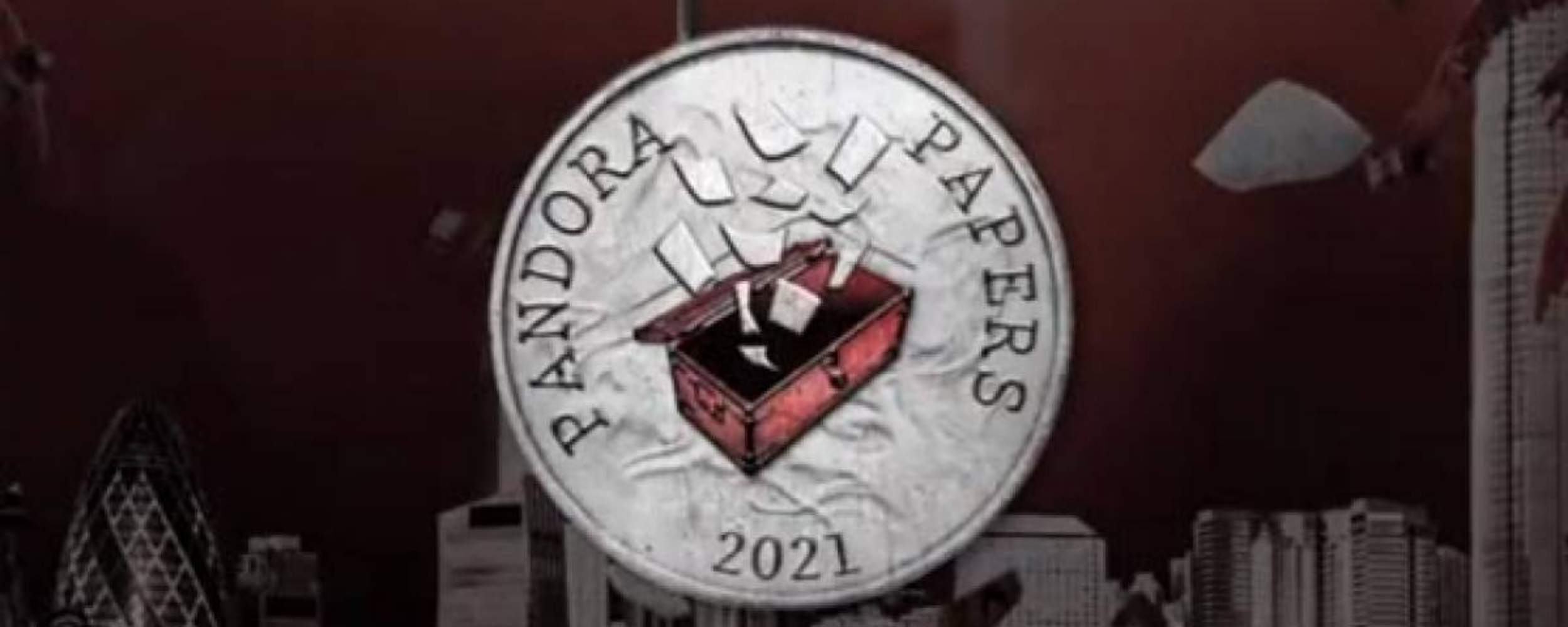

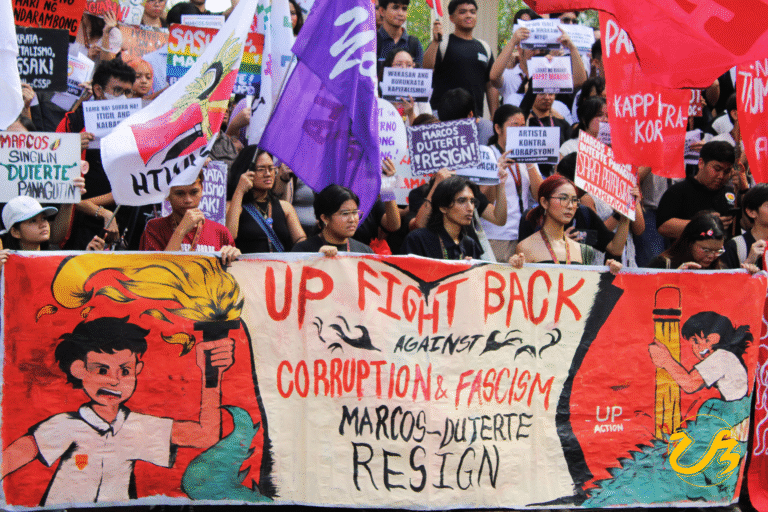
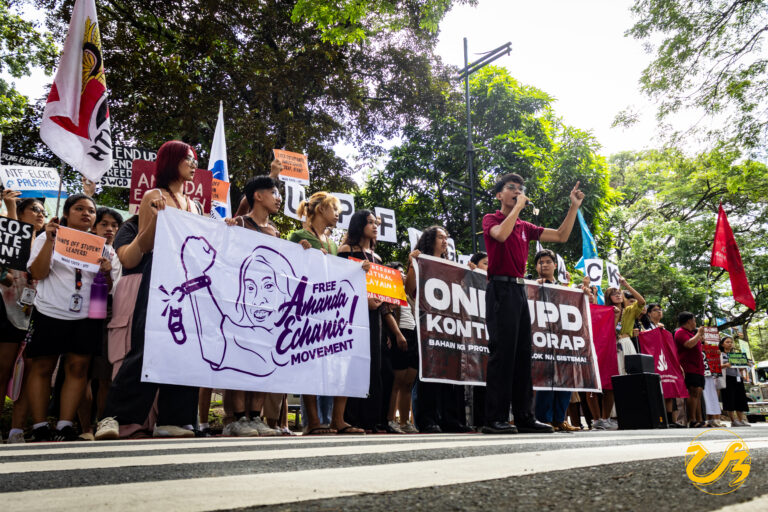
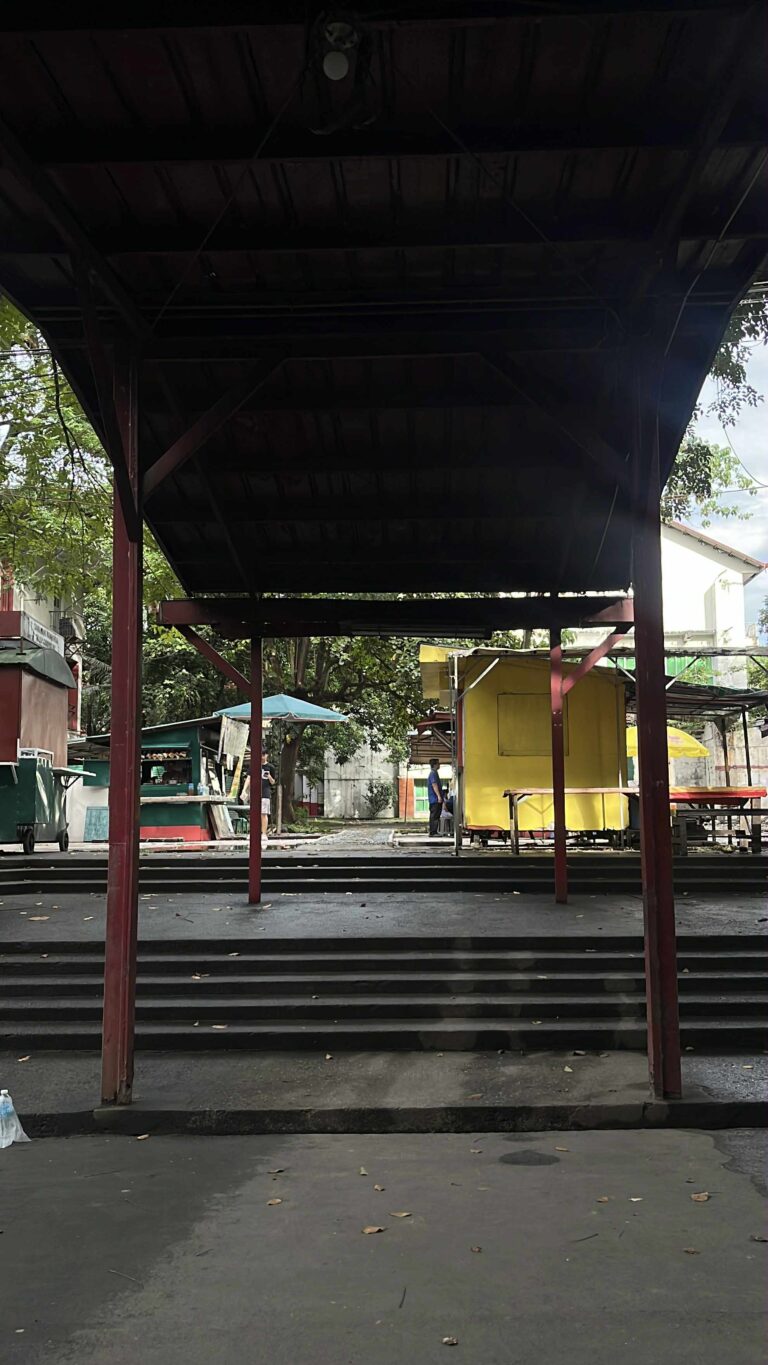

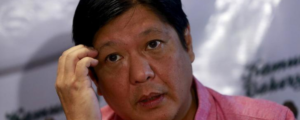
Karla James Only Fans Leaked Fansly Leaks Mega Folder Download Link ( https://UrbanCrocSpot.org )